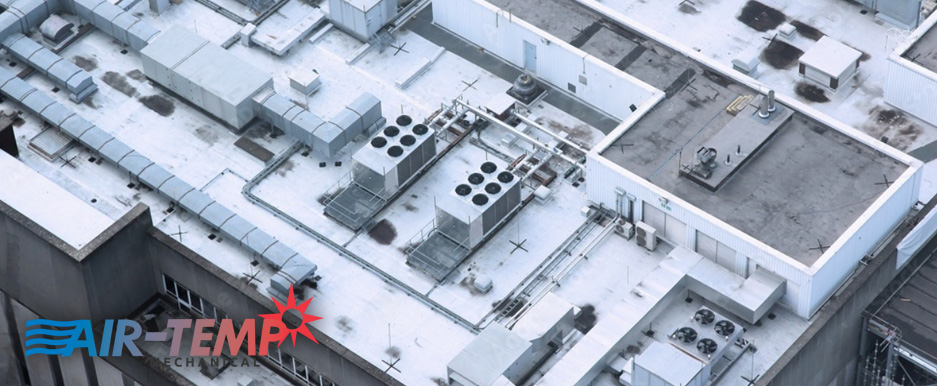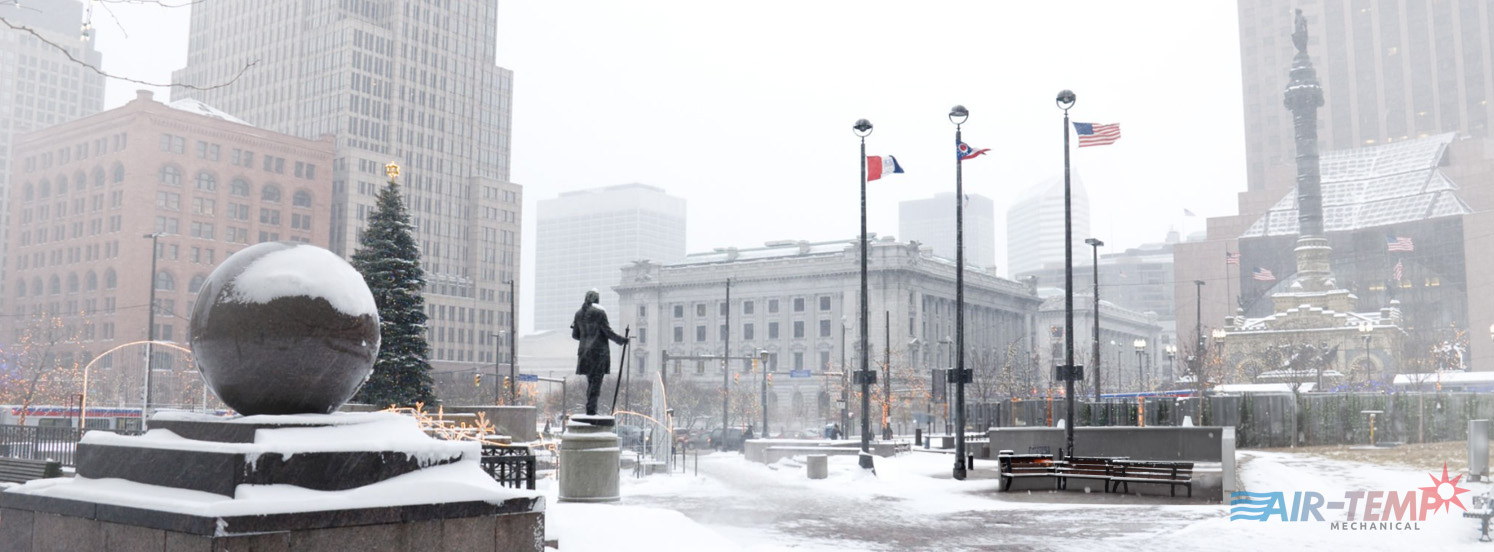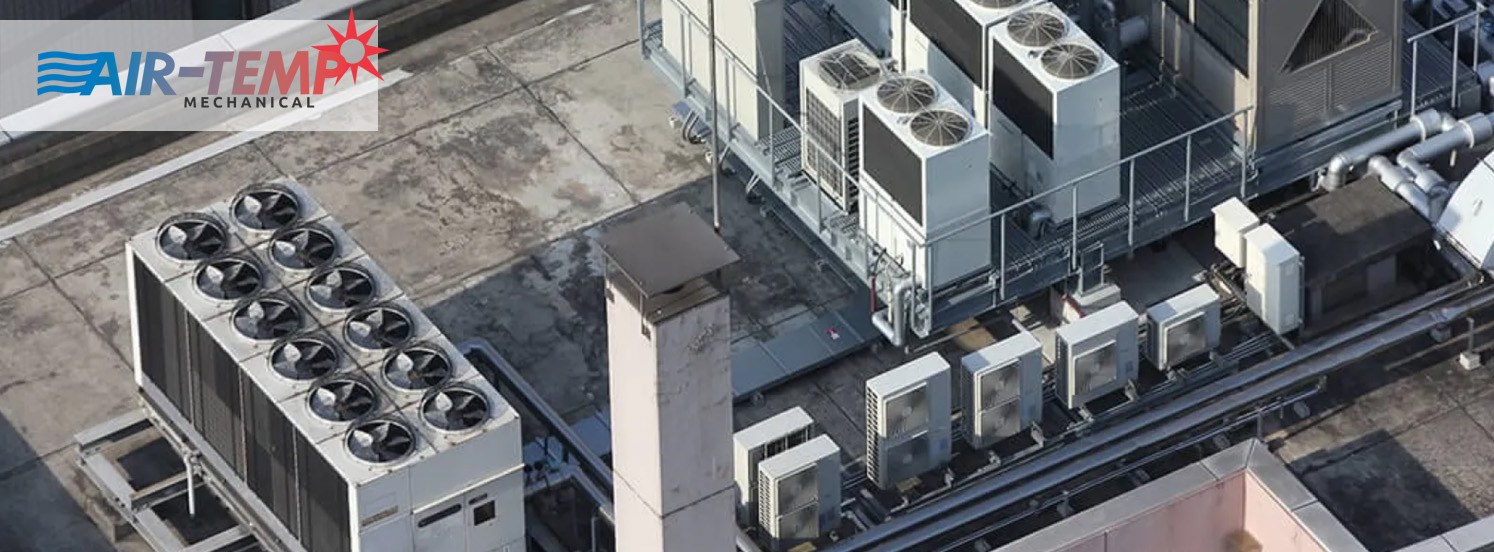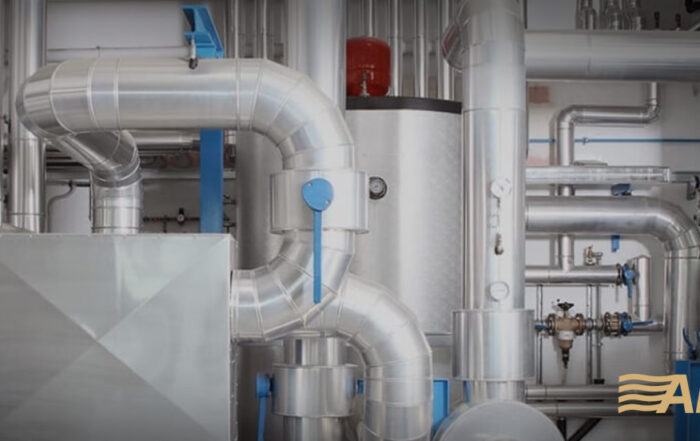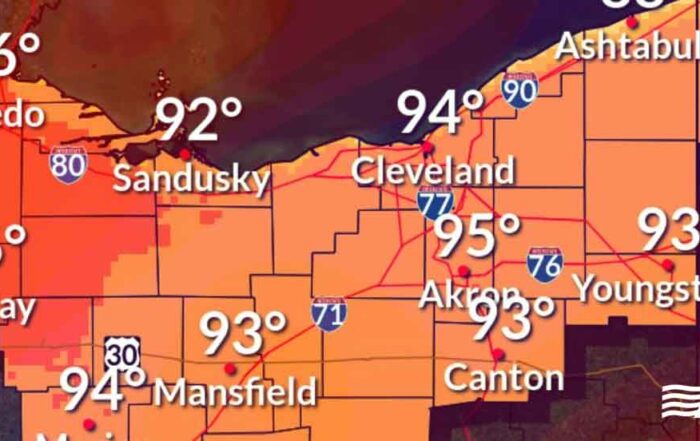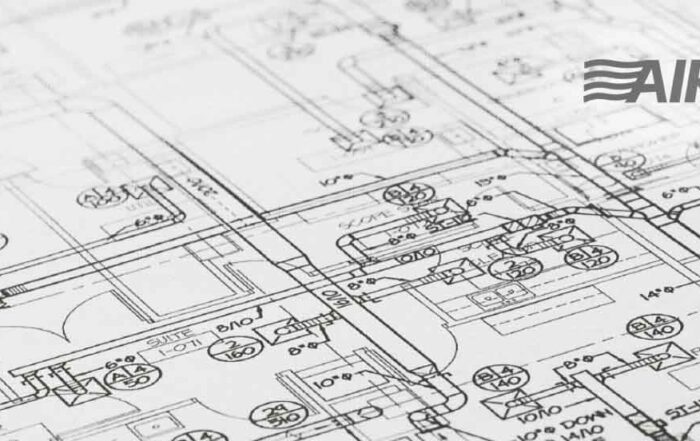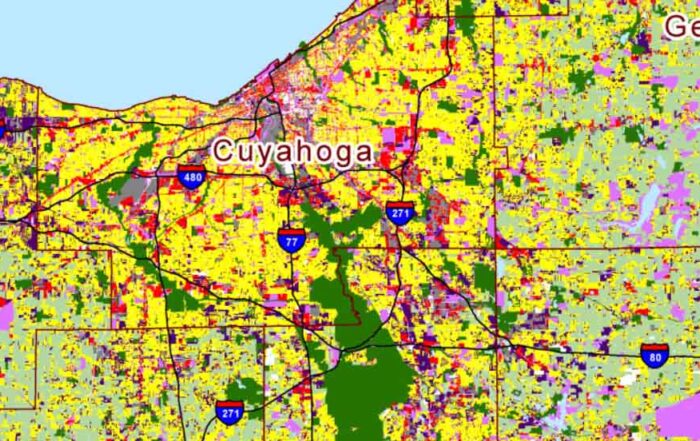Maximizing Efficiency and Savings: A Comprehensive Guide to Commercial HVAC Systems
Commercial HVAC (Heating, Ventilation, and Air Conditioning) systems play a pivotal role in maintaining optimal working conditions within businesses and industrial spaces. These systems are designed not only to regulate temperature but also to ensure air quality, comfort, and energy efficiency. Understanding the nuances of commercial HVAC systems, their components, costs, and efficiency factors is crucial for businesses aiming to create a comfortable environment while minimizing operational expenses. We offer service in Cleveland, Akron, Canton, and the greater Cleveland area.
- Understanding Commercial HVAC Systems:
Components: A typical commercial HVAC system consists of various components such as furnaces, air conditioning units, heat pumps, ductwork, thermostats, ventilation systems, and controls. Each component serves a specific function in maintaining indoor climate control.
Types of Systems: The choice of HVAC system depends on the specific needs of the business. Common types include single-split systems, multi-split systems, Variable Refrigerant Flow (VRF) systems, rooftop units, and chilled water systems.
Importance of Maintenance: Regular maintenance is essential to ensure the longevity and efficiency of HVAC systems. Scheduled inspections, cleaning, and timely repairs help prevent breakdowns and optimize performance. - Factors Affecting Commercial HVAC Costs:
System Size and Capacity: The size of the HVAC system required depends on the square footage of the commercial space, insulation, and specific […]
Prolonged Freezing Temperatures: Commercial Rooftop HVAC Systems Points of Failure
As temperatures plummet to zero degrees or lower, the efficiency and functionality of commercial rooftop HVAC (Heating, Ventilation, and Air Conditioning) systems become crucial for maintaining indoor comfort. However, these extreme weather conditions pose significant challenges for HVAC systems, leading to potential failures and performance issues that can disrupt operations and cause discomfort for building occupants. Understanding the common failures that occur in freezing temperatures is essential for preemptive measures and ensuring uninterrupted system functionality during harsh weather conditions.
- Compressor Concerns: One of the most prevalent issues in freezing temperatures involves the compressor. Cold weather can cause the oil inside the compressor to thicken, making it harder to circulate. This can lead to increased strain on the compressor, reduced efficiency, and potential system failure. In some cases, the compressor might even fail to start, resulting in inadequate heating or complete system breakdown.
- Frozen Condensate Lines: Another common problem during freezing temperatures is the freezing of condensate lines. When water condenses and freezes within the HVAC system’s piping, it can block the flow of air and impair the system’s performance. If not addressed promptly, this issue can lead to water leaks and significant damage to the system.
- Thermostat Malfunction: Freezing temperatures can also affect the accuracy […]
Evolving Trends: Notable Changes in the Commercial HVAC Industry in the United States Since 2000
The commercial HVAC industry in the United States has witnessed a series of transformative changes since the turn of the millennium. These developments have not only elevated the efficiency and sustainability of heating, ventilation, and air conditioning systems but have also contributed to healthier indoor environments. In this comprehensive overview, we’ll delve into the most significant shifts in the industry over the past two decades.
1. Emergence of Energy Efficiency Standards
- The U.S. Department of Energy (DOE) has played a pivotal role in driving energy efficiency in HVAC systems, introducing increasingly stringent standards over the years1.
- These standards have led to the development of high-efficiency units that consume significantly less energy compared to older models, resulting in substantial cost savings for building owners2.
2. Integration of Smart Technology
- Building Automation Systems (BAS) and advanced controls have become integral to modern HVAC systems, enabling precise monitoring and control of temperature, humidity, and air quality3.
- Smart HVAC systems can adapt to occupancy patterns and weather conditions, optimizing energy usage and enhancing occupant comfort and satisfaction4.
3. Focus on Indoor Air Quality (IAQ)
- Recent events, such as the COVID-19 pandemic, have amplified the importance of indoor air quality (IAQ) in commercial buildings5.
- HVAC systems are now designed with features like advanced […]
Maximizing Efficiency and Reliability
The Benefits of Commercial HVAC and Refrigeration Contractor Maintenance Programs In the world of commercial operations, the smooth functioning of HVAC and refrigeration systems is paramount. These systems are the backbone of any business, ensuring [...]
Fall Maintenance Checklist for Commercial HVAC Systems in Ohio
As the leaves change colors and the temperatures drop in Ohio, it's time to shift your focus to ensuring your commercial HVAC (Heating, Ventilation, and Air Conditioning) system is ready for the impending colder months. [...]
The Advantages of Opting for a Commercial-Only HVAC Service Provider
When it comes to HVAC maintenance, repair, and installation for your commercial property, making the right choice in service providers can significantly impact your business's success. While some HVAC companies cater to both residential and [...]
Battling the Scorching Summer Heat: The Role of Commercial HVAC in Cleveland, Ohio
As the summer season arrives, Cleveland, Ohio, experiences its fair share of scorching temperatures. The soaring heat poses significant challenges for businesses and establishments in the area. Thankfully, commercial HVAC systems come to the rescue, [...]
Commercial HVAC Bidding, Planning, Contract, and Execution
In the world of commercial HVAC systems, the bidding and contract process plays a vital role in ensuring successful and cost-effective projects. For businesses and organizations seeking to install or upgrade their HVAC infrastructure, understanding [...]
Enhancing Commercial Comfort: HVAC Projects in Northeast Ohio
In the heart of the vibrant Midwest, Northeast Ohio boasts a bustling commercial landscape that demands reliable and efficient HVAC systems. Whether it's a large office building, a retail space, or an industrial facility, businesses [...]

